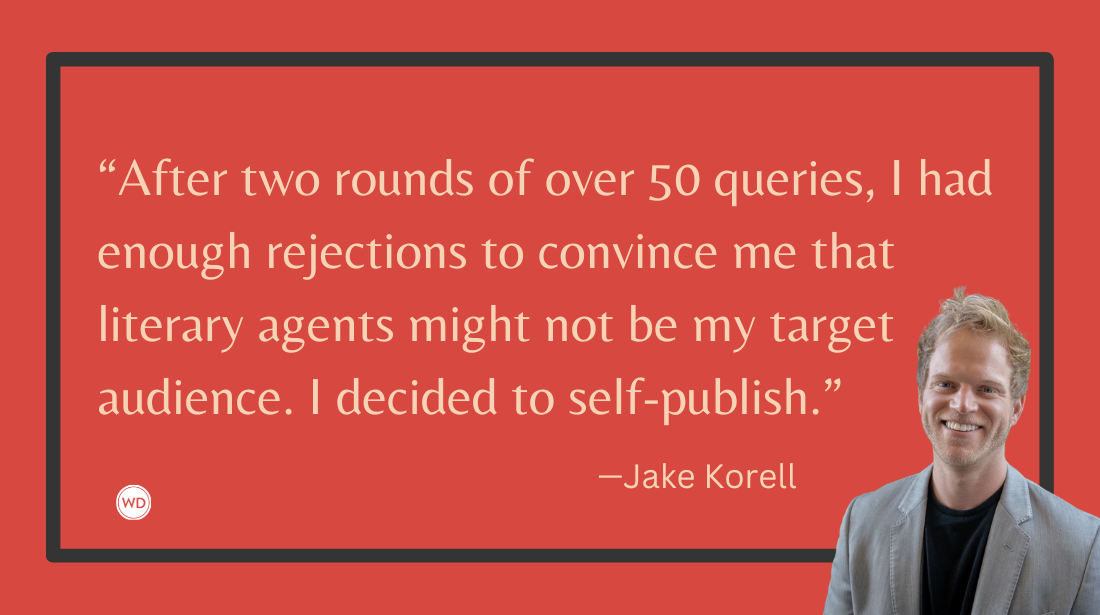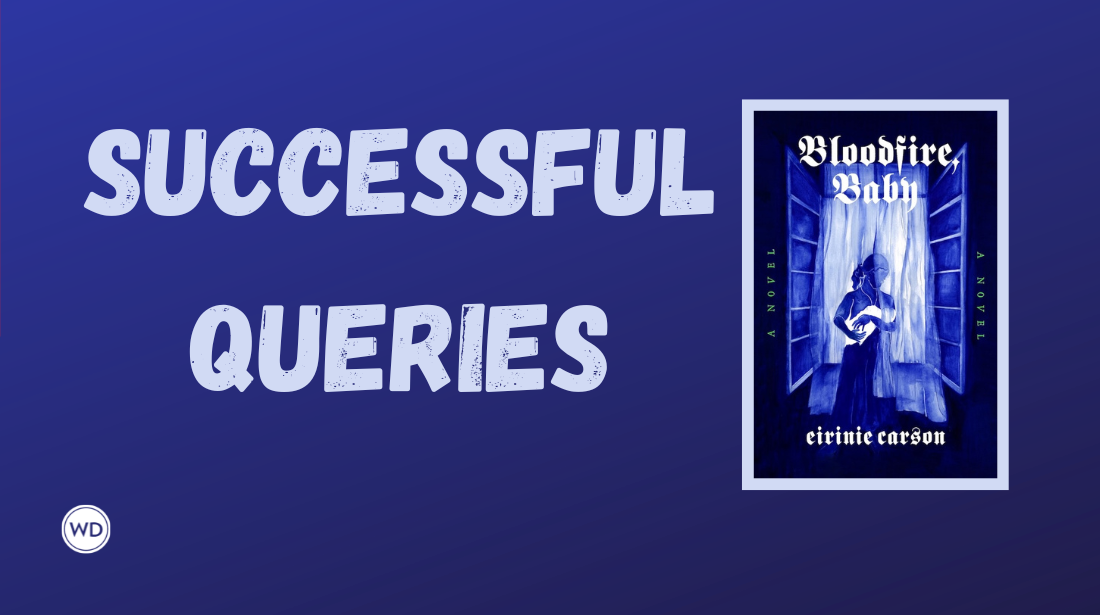When Should Writers Write on Spec?
When should writers write on spec? What does writing “on spec” even mean? And when should writers write on assignment? We dive into these questions here.
When should writers write on spec? What does writing "on spec" even mean? And when should writers write on assignment? We dive into these questions here.
First off, let's define what writing on spec means. Writing on spec (or "on speculation") is the process in which writers complete a manuscript and submit that to a magazine or book publisher before receiving an assignment and signing a contract. Markets that request writers submit a complete manuscript in their initial submission are requesting "on spec" submissions.
The alternative is for writers to query first with an idea or two. Even in this case, writers in some genres of writing (fiction, poetry, and creative nonfiction) usually have a completed manuscript ready to submit as soon as an agent or editor requests it. But there are many forms of nonfiction that can be assigned (with contract signed) before the manuscript is written.
Let's look at when writers should write on spec and when it might make more sense to wait for an assignment first.
No other market is as open to the freelance writer as the magazine market. From trade and association publications, to special interest magazines, to regional and national consumer publications, editors are looking for writers who can deliver well-researched, reader-targeted articles on deadline. To make it in this market, you want to learn how to identify a magazine's editorial needs and—most important—how to fill them.
In this workshop, you will work with a published article writer to develop, research and write two articles suitable for publication in magazines you've identified as appropriate markets. You will get feedback from your instructor on your first and second draft of both your articles.
When Should Writers Write on Spec?
If you write fiction, poetry, and/or creative nonfiction, you'll find that writing on spec is not only common; it's basically the rule. And the reason for this is that in these forms of writing the execution of ideas is as important as the writing itself.
This does not mean that more straightforward types of nonfiction do not benefit from a great sense of creativity and voice; they do. But an editor has a sense of what an interview with the owner of a lawn maintenance company may look like before the assignment. In fact, the editor may want to suggest some specific questions before the interview.
That said, submitting nonfiction articles on spec can make sense for some situations. Here are a few:
- Market requests on spec submissions. If the guidelines say the market prefers on spec submissions, then they're letting writers know that's how they do business. You can query, but don't be surprised if you get rejected or even receive no response.
- Trying to break in. Sometimes submitting on spec pieces are done with the thought that an editor can see how good the piece is and already know that it's a great fit for what they publish. For writers trying to break into a market, this can do the trick better than a query.
- Timely piece. Maybe you've written something super timely for a publication or online venue. Instead of going through the typical submission steps, you just write the piece and make it available to the first editor who claims it. I wouldn't advise this as a typical strategy, but there may be times when it makes sense.
When Should Writers Wait for an Assignment?
Writers may think that always submitting on spec makes an editor's job easier. However, this is not always the case. In fact, there are many times that submitting on spec can lead to a rejection where a query might have led to an acceptance. The reason for this is editorial input.
As an editor, I've accepted some pieces on spec, but it's much more common for me to make assignments based off queries. There are times when a writer makes a pitch that hits the mark perfectly, and I don't make any suggestions for how they write the piece. Then, there are times I love the idea (or part of the idea) of the pitch, but I want it slanted a certain way.
When I receive a piece written on spec, there's more probability that it will miss the mark for what I want to publish than it will hit it. In that sense, it's a lot easier to reject an already completed manuscript than it is to reject a great idea that can still be shaped the way I want to see it.
And hey, that's good news for writers submitting to nonfiction markets that prefer queries first. It's a lot easier to throw together some strong pitches than it is to write a completed article. Plus, it's nice to write a piece that is already under contract.
Final Thoughts for Writing on Spec vs. Assignments
If you write fiction, poetry, and creative nonfiction, then on spec is a way of life. While novelists can sign multi-novel deals, those contracts are almost always based off a finished product somewhere. And that's okay, because that's how the business works for those genres.
However, if you write nonfiction, choose wisely about when to write on spec or to wait for assignment. Doing so could lead to more acceptances and more time spent writing on already contracted work.









